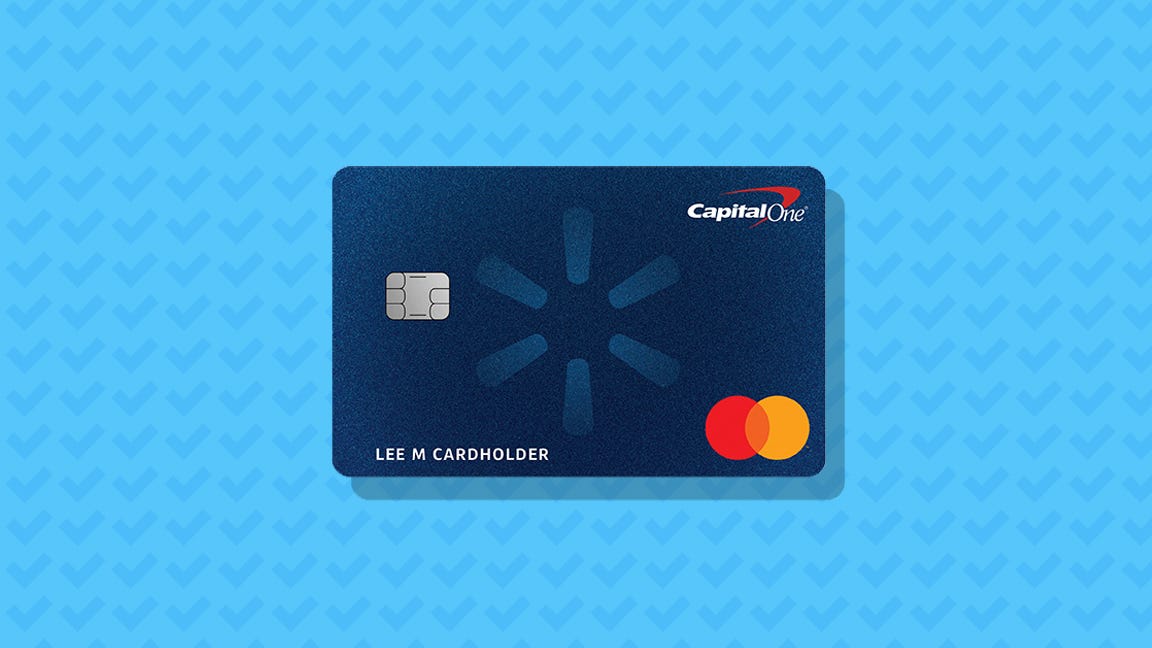Personal Finance
Discover’s merger with Capital One may mean luxe lounges, better service, plus more perks

Customers can look forward to a flurry of new perks if Capital One’s $35 billion purchase of Discover Financial Services goes through, experts say.
The acquisition would give Capital One access to Discover’s high-credit-quality customers and its network of payment processing services, an area dominated by Visa and Mastercard.
With more premium customers, Capital One will “need to compete on premium perks, and that’s going to be something that’ll benefit customers,” said Marbue Brown, founder of the Customer Obsession Advantage, a consulting firm advising businesses on creating loyal customers. “Perks offered are going to be elevated to a new level.”
Here’s what you need to know about the combination and what consumers may get out of it.
How much is Capital One paying for Discover?
Capital One plans to buy Discover in a $35.3 billion deal.
Under the terms of the all-stock transaction, Discover shareholders will receive Capital One shares valued at nearly $140. That’s a significant premium to the $110.49 that Discover shares closed at Friday.
Why is Capital One buying Discover?
The deal will create the largest U.S. card issuer with around $250 billion in card balances and a market share of 22%, according to TD Cowen.
It would allow Capital One to compete in the lucrative world of payment networks. Mastercard and Visa together have 83% of the credit card processing market. They are the target of a bipartisan bill to introduce more competition by requiring the largest banks issuing credit cards to offer two networks, with at least one not Visa or Mastercard, for merchants to choose from when processing transactions.
The acquisition would allow Capital One “to build a payments network that can compete with the largest payments networks and payments companies,” said Richard Fairbank, Capital One founder, chairman and chief executive.
How would consumers benefit from the merger?
Better service, luxury airport lounges and other lucrative perks, Brown said.
Discover has scored in the top two in JD Power’s credit card satisfaction survey since the survey began in 2007, and Capital One will want to stay there, Brown said.
Perks like Discover’s travel portal and shopping discounts will likely be extended to Capital One’s large customer base, especially those with high credit scores, said Greg McBride, chief financial analyst at consumer financial services firm Bankrate.
“Also, would Capital One ever consider adopting Discover’s offering of doubling cardholders’ cash back or miles at the end of their first year?” said Matt Schulz, chief credit analyst at loan comparison site LendingTree. “That’s been a staple for Discover for a long time and has no doubt helped them build their brand to where it is today.”
What about savings?
Capital One’s foray into payments processing probably won’t help merchants or customers save on credit card fees, said Doug Kantor, general counsel at the National Association of Convenience Stores trade group, which supports the bipartisan bill to increase competition in the payments processing industry.
“Discover has a very tiny percentage of the network, and that’ll be true after the acquisition,” Kantor said. “It’s a chink in the armor.”
If Capital One shifts all its credit cards to the Discover network, Kantor said that could be “significant.”
But that’s not happening. Capital One said in its release that debit card purchases will be processed on the Discover network but only “selected” credit card transactions.
“There’s a reason for that,” Kantor said. “The gravy train is too good.”
Visa and Mastercard reaped $93 billion in transaction fees in 2022 from merchants, and Capital One’s likely positioning itself to grab some of that, Kantor said. If the bipartisan bill passes, Capital One could serve as the second processing option the bill would require.
Debit card processing fees aren’t as lucrative because they’re capped. Credit card rates are set by processors like Visa and Mastercard.
Everything from luxury perks and credit card fees, though, depends on the deal receiving approval from regulators.
If it does, Capital One and Discover say they expect the deal to close late this year or early next.
“All sides seem pretty confident that it will get approved,” Schulz said. “However, there’s no question that a deal of this magnitude in an industry that has been the focus of a lot of scrutiny from the Biden administration and the CFPB (Consumer Financial Protection Bureau) will certainly get a thorough look-over before it is signed off on.”
Medora Lee is a money, markets and personal finance reporter at USA TODAY. You can reach her at mjlee@usatoday.com and subscribe to our free Daily Money newsletter for personal finance tips and business news every Monday through Friday morning.
This article originally appeared on USA TODAY: How Capital One’s buying Discover may mean more luxury perks for you
Read the full article here

-

 Make Money6 days ago
Make Money6 days agoHow to Create and Sell Digital Products Online (Make Extra Money)
-

 Investing6 days ago
Investing6 days agoIs Apple Releasing an ‘Ultra-Thin’ iPhone 17 Air? New Report
-

 Investing5 days ago
Investing5 days agoMoldova breakaway region to face new power cuts on Saturday, officials say By Reuters
-

 Investing6 days ago
Investing6 days agoUS data center electricity and water use to increase significantly by 2028: report By Investing.com
-

 Investing5 days ago
Investing5 days agoReebok Co-Founder Backs Syntilay’s New AI, 3D-Printed Shoe
-

 Side Hustles5 days ago
Side Hustles5 days agoHow to Survive High-Demand Seasons Without Losing Customers
-

 Passive Income6 days ago
Passive Income6 days agoHow to Evolve From Manager to Mentor and Create a Lasting Impact
-

 Investing3 days ago
Investing3 days agoNFI Group surge after board reshaped with new appointments, chairperson By Investing.com


















